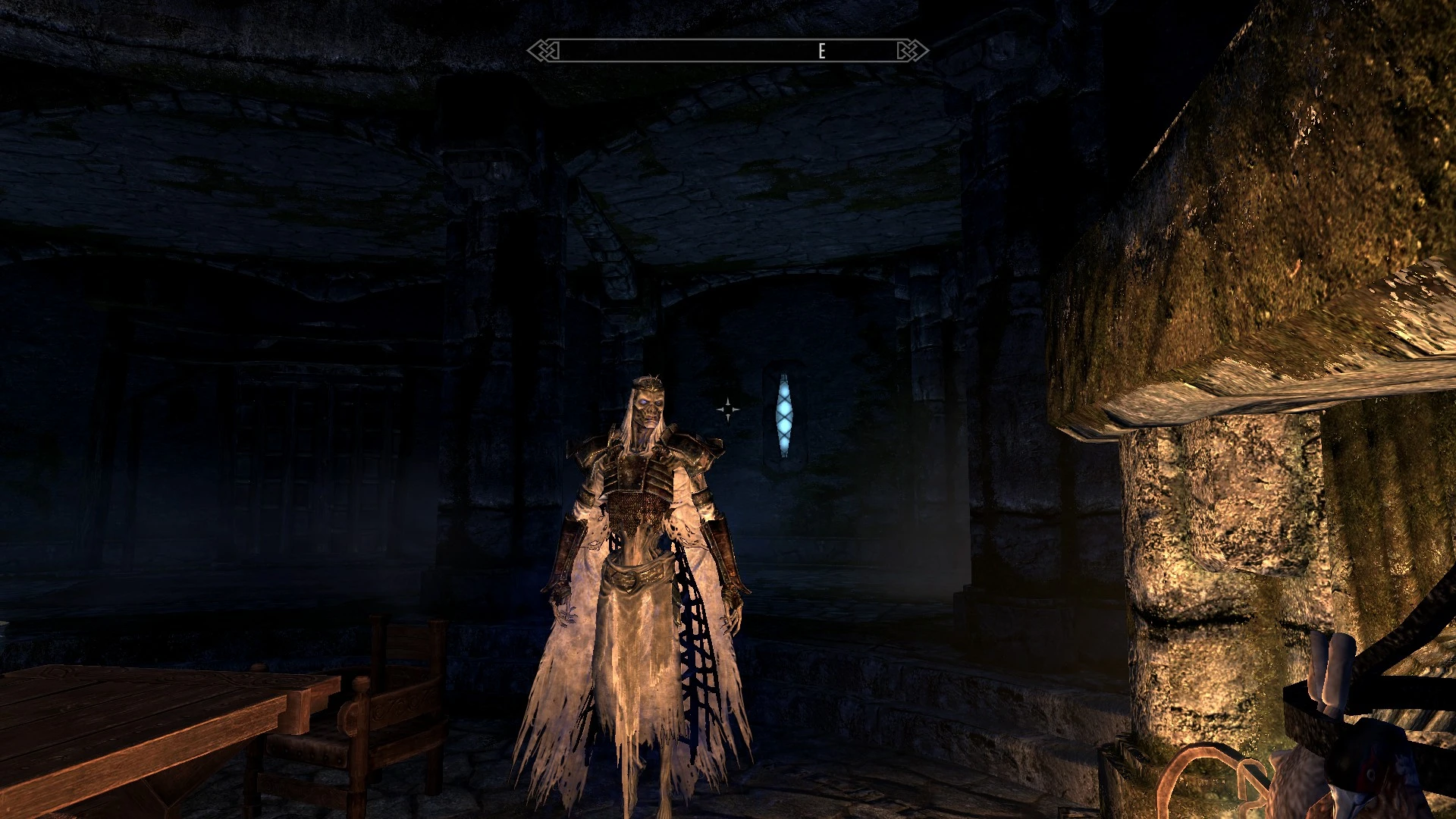

Making matters worse, the battle interface makes it difficult to keep track of an enemy’s actions, so you’ll need to pause and read through battle logs in case you missed the quick-scrolling text telling you of an important buff an enemy just used.Īlthough these references to tabletop RPGs may hurt the battle system, they add a distinct charm to the game’s visual presentation. And while at first it feels good using your stylus or Circle Pad to shake the dice, having to do so each turn to recover MP makes battles more tedious than they should be. But relying on luck, especially during critical moments when you only 3 health points and only one party member alive, only adds frustration to a battle. Some attacks require you to roll dice to see how much health you’ll recover, or whether the chosen effect will be successful. Your three characters consist of a mage, a warrior, and an archer, and can use a wide variety of attacks, spells, and support skills.

Revisiting past areas also means you might run into enemy encounters, which consist of the same groups of enemies in the same exact spots.īattles also suffer from being too drawn-out, simply because of how they are designed. Those pacing issues are largely due to an overabundance of back-tracking, where you must return to areas previously visited to find switches and keys to unlock doors. The game lasts about eight hours, but due to issues with its pacing, progression feels like it takes much longer.

The game is not a graceful marriage, and its tabletop-inspired motifs actually hurt it from being a fun roleplaying game.Ĭrimson Shroud follows three adventurers in their search for the eponymous source of the world’s magic. It's one thing for an RPG to emulate the feel of a board game, but it’s another for it to actually succeed in translating that feeling into a video game. Crimson Shroud has no voice-overs, so you’re the one reading through the text-heavy cutscenes, and you’re the one rolling dice to decide how successful certain actions will be. It’s an interactive social experience, but in video game form, it simply becomes a solitary adventure. Traditional tabletop RPGs involve players acting out roles and sitting around a table rolling dice to decide their fate.


 0 kommentar(er)
0 kommentar(er)
